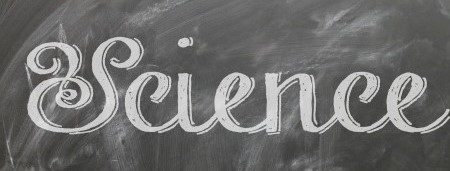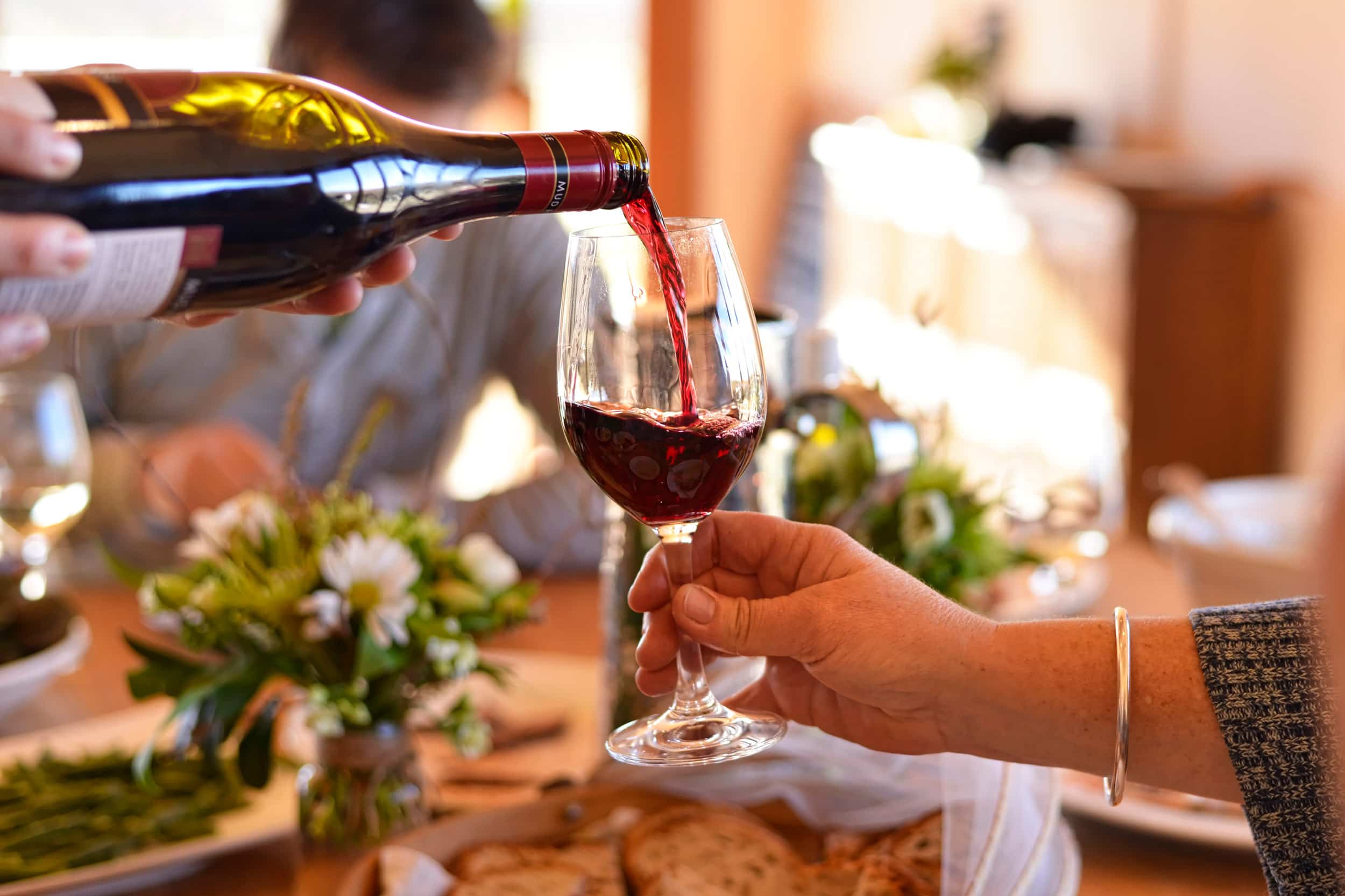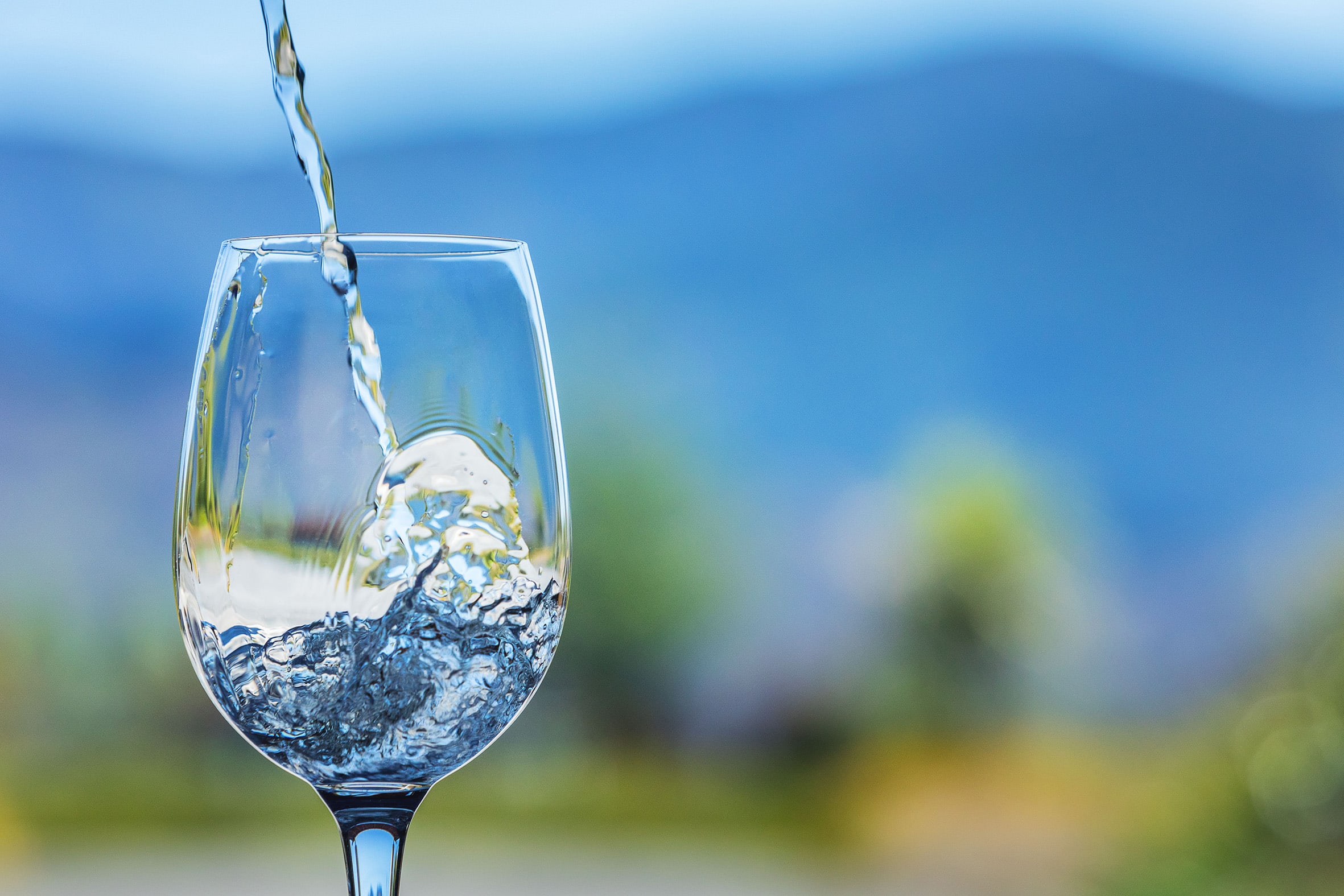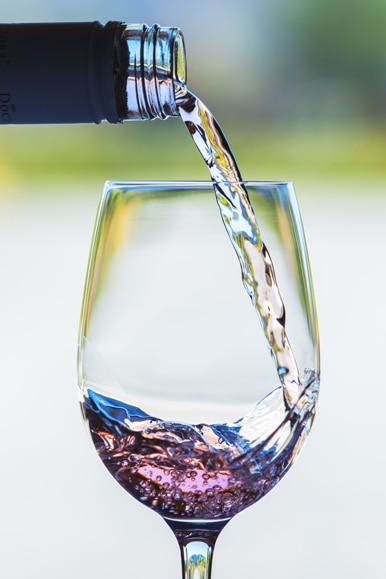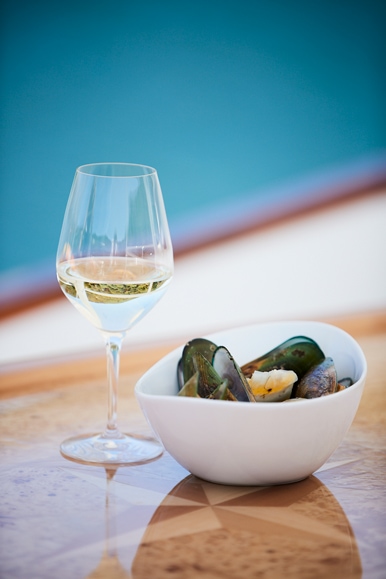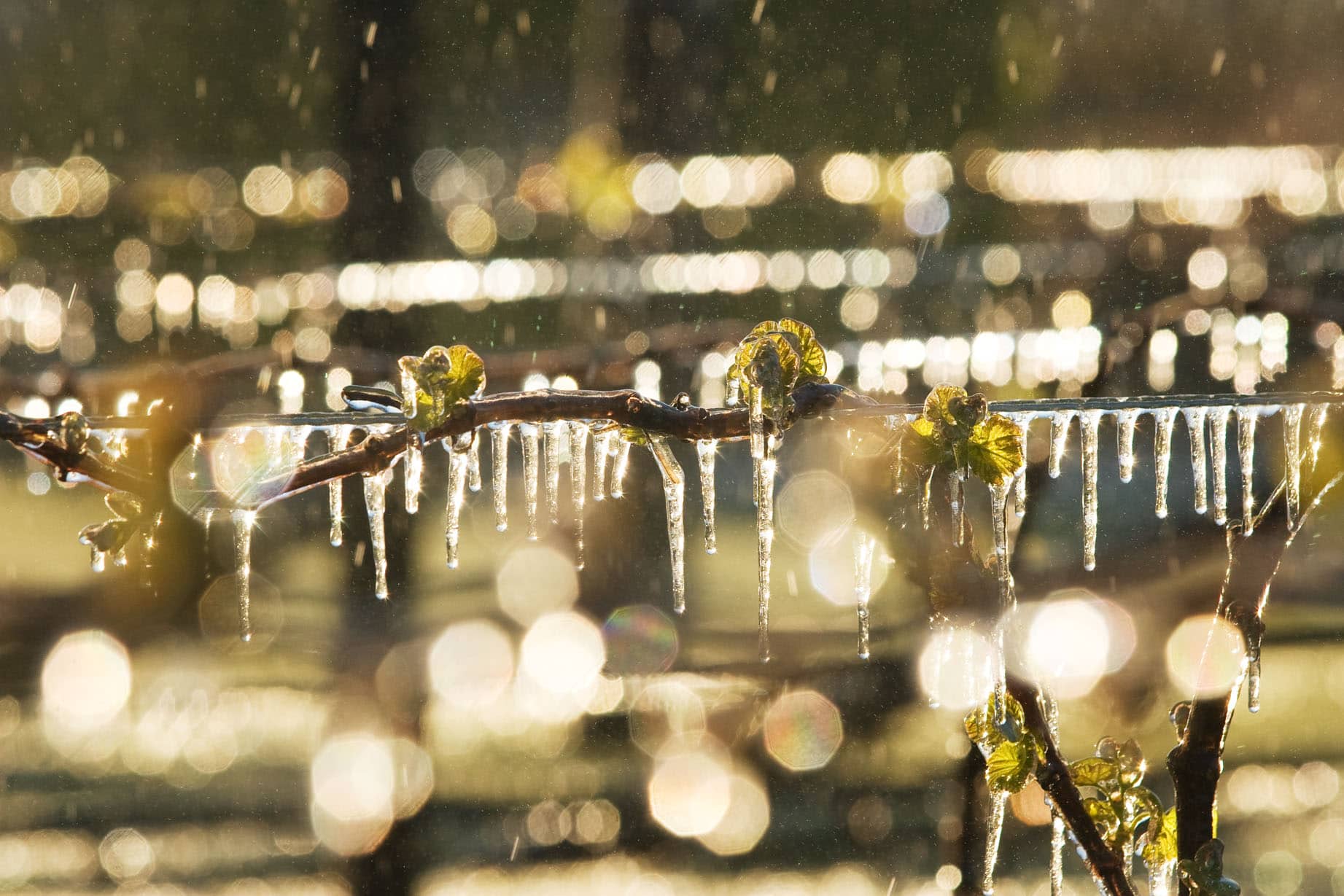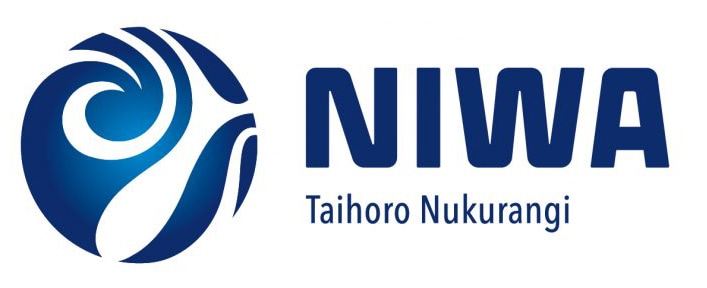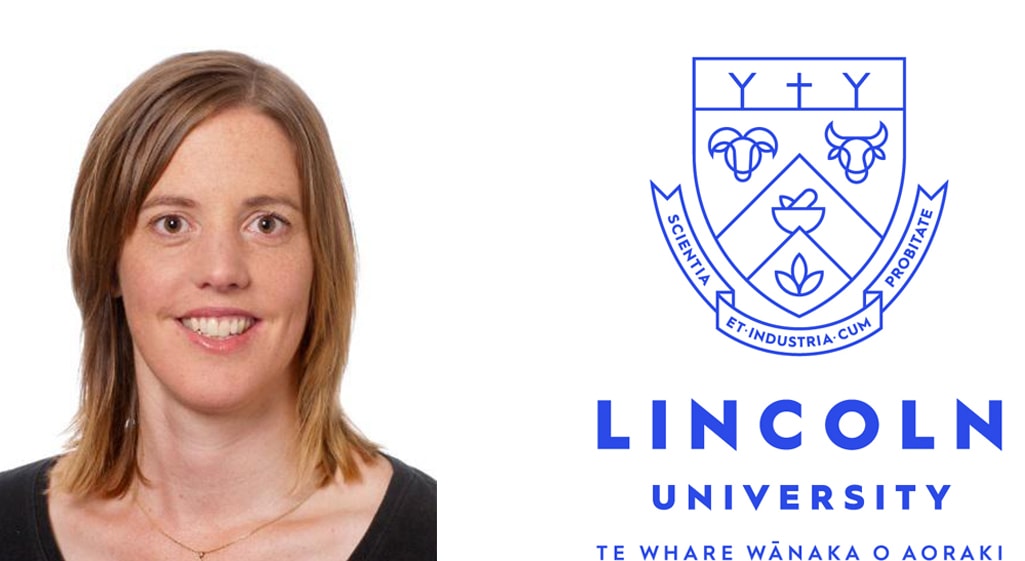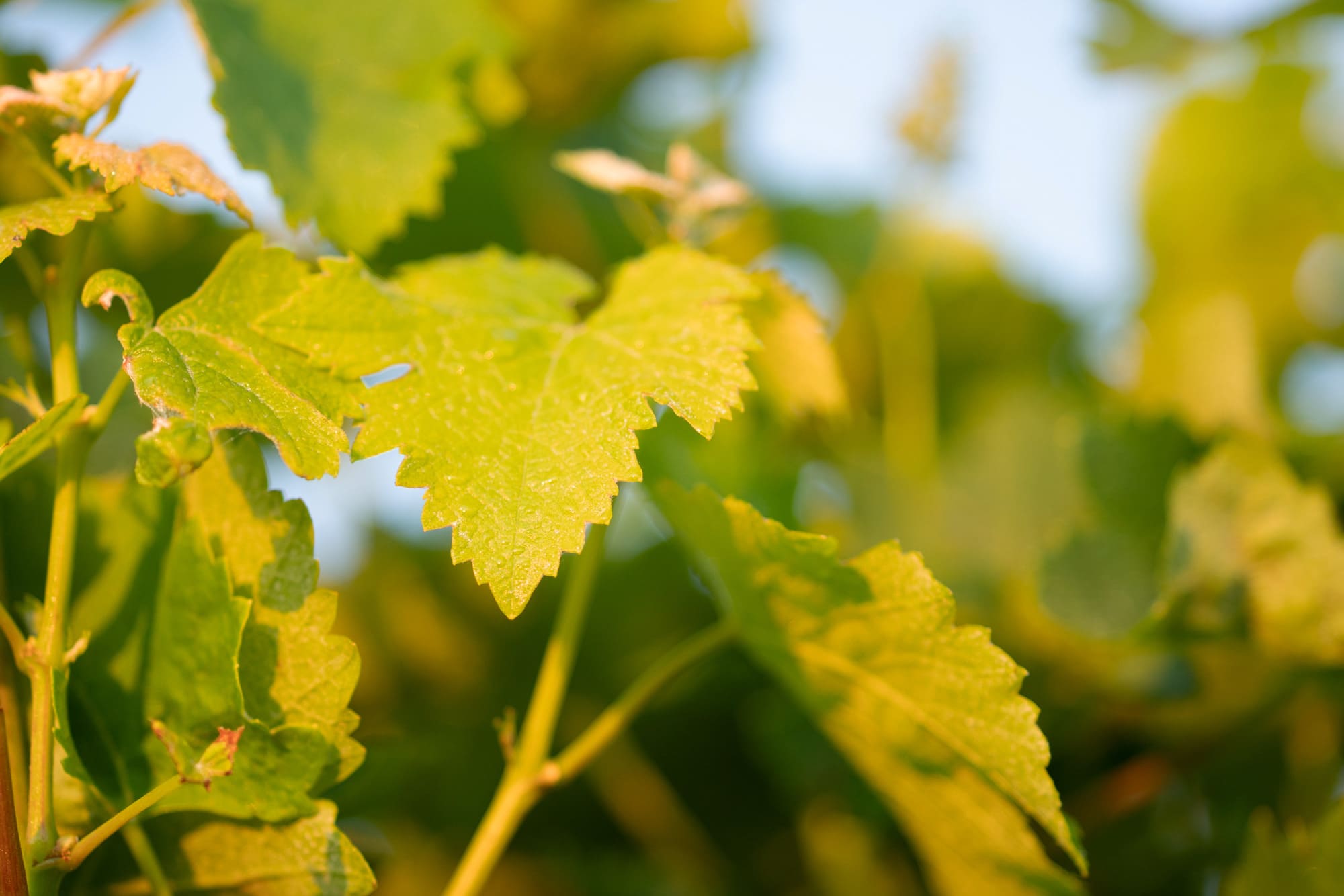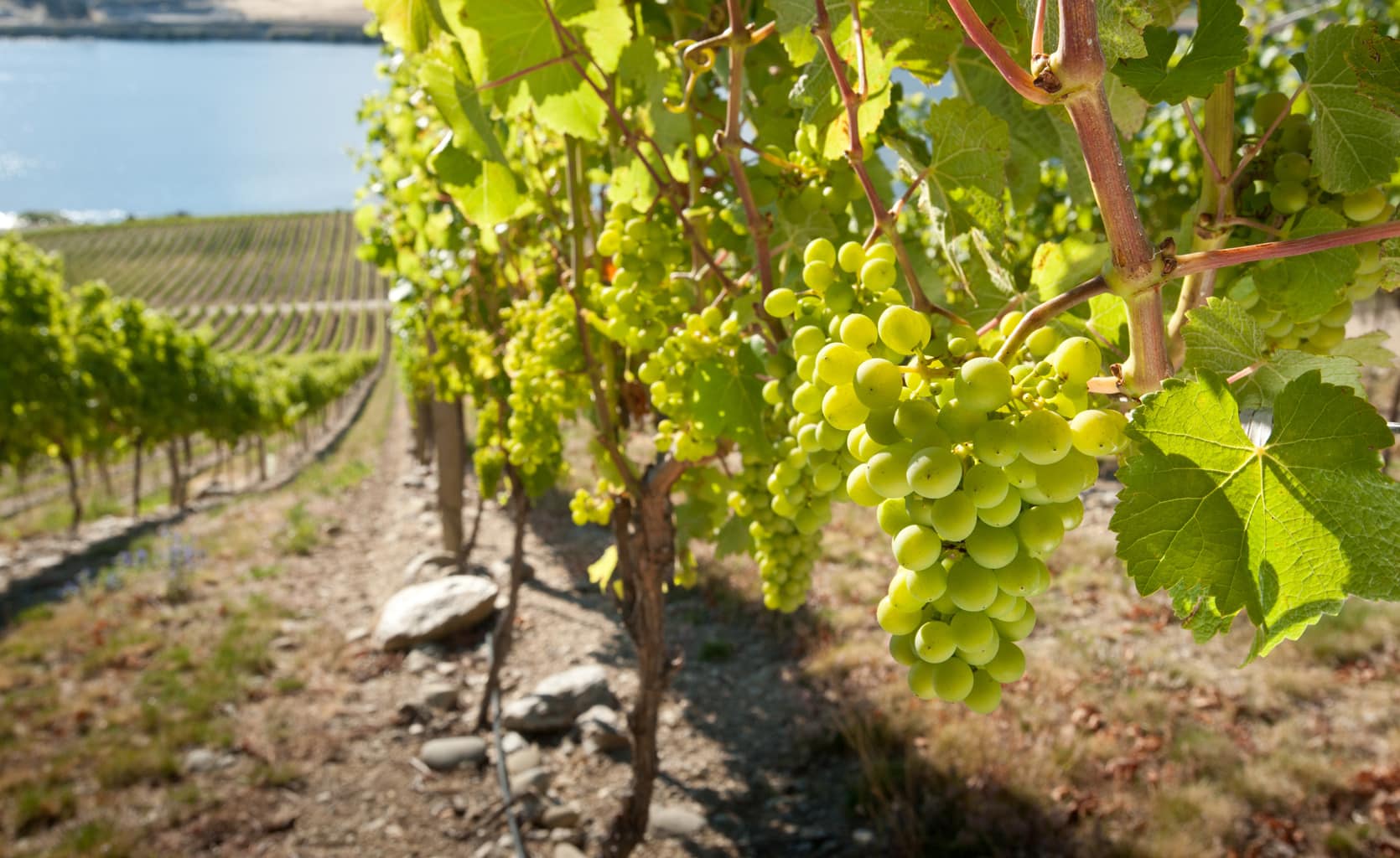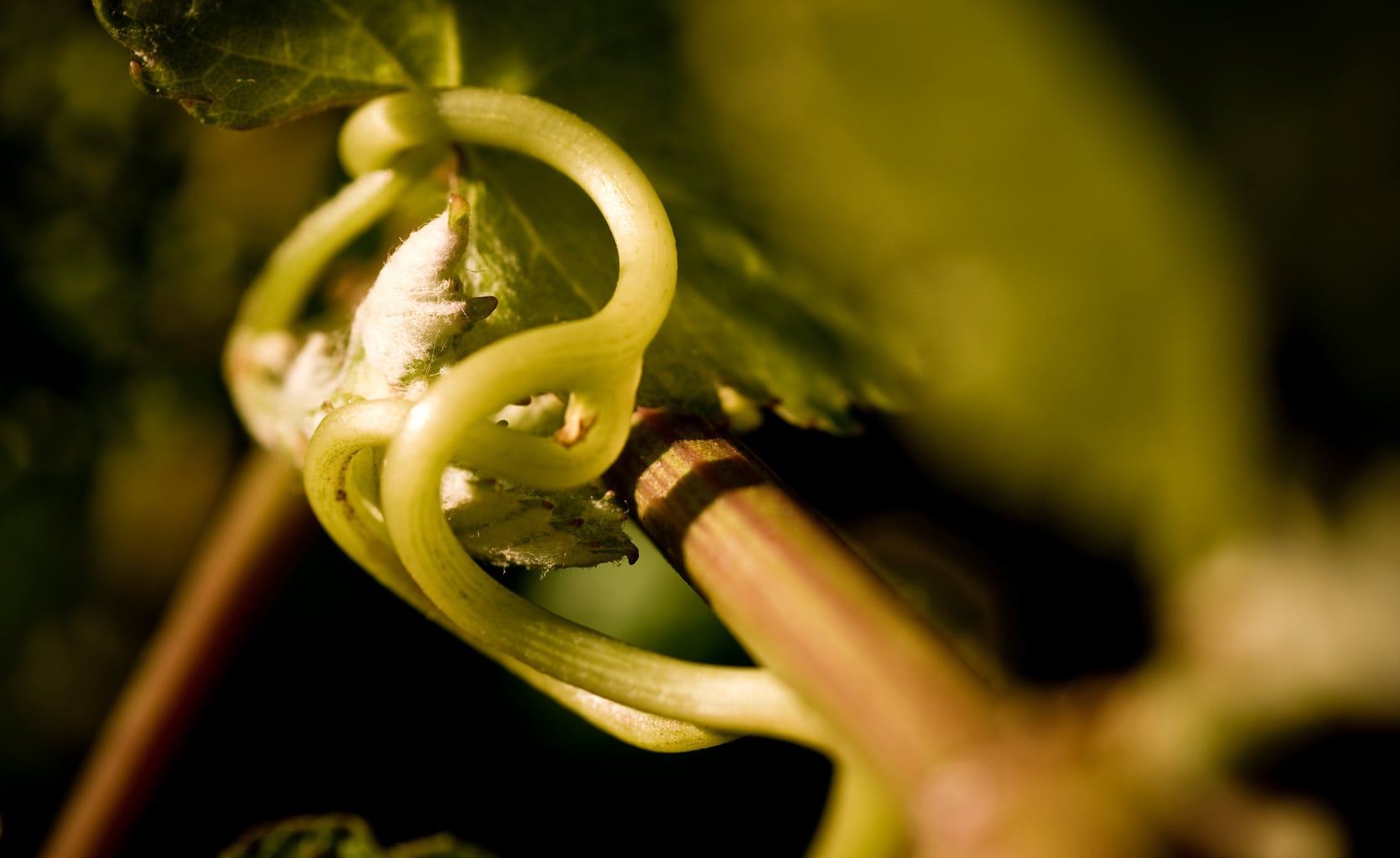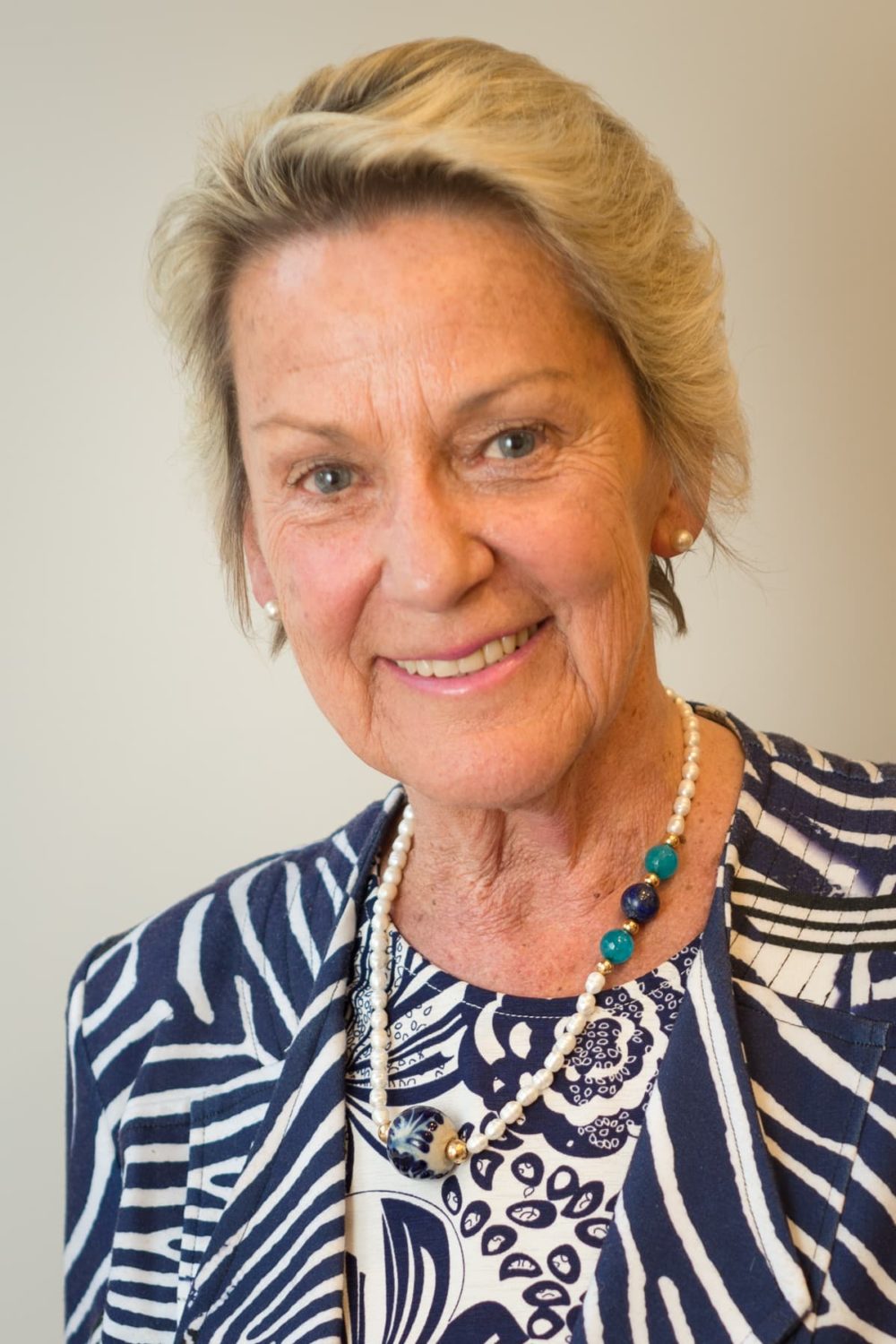
Dr Dianne McCarthy joined Bragato Research Institute in June 2019 as an independent director. She currently sits on the Council of Victoria University of Wellington, is Deputy Chair of the board of the New Zealand Institute of Economic Research, and is a member of the governance boards of the Dodd-Walls Centre for Photonic and Quantum Technologies, the Healthier Lives National Science Challenge, and the Ageing Well National Science Challenge. She is also a trustee of the Malaghan Institute of Medical Research and the Hearing Research Foundation (NZ).
And that’s just what she’s doing today.
Dr McCarthy had a long academic career at the University of Auckland, including roles as Associate Dean, Faculties of Medical & Health Science, and Science and Pro Vice Chancellor (Equity) promoting equity for Māori and Pacific students, and for women in science and engineering. From 2007 to 2014 she was CEO of the Royal Society of New Zealand which was responsible for administering substantial government funding supporting the Prime Minister’s Science Prizes, conducting leading edge research and fellowship schemes designed to develop and foster future New Zealander’s future leaders, and advancing and promoting science, technology, the arts and humanities in schools, the industry, and in society.
Dr McCarthy was made an Officer of the New Zealand Order of Merit for her services to Education in 2008, a Companion of the Royal Society of New Zealand for her services to Science in 2015, and a Companion of the New Zealand Order of Merit for her services to science, business and women in 2016.
We caught up with her recently about her career, business, and championing women in science.
You hold a Bachelor of Arts in Pure Mathematics and Music, a Bachelor of Science in Applied Mathematics and Master of Science (hons) and PhD in Experimental Psychology. What was this music degree all about, and do you play any instruments?
I have a great love of classical music and learned the piano from a very early age. My interest in pursuing music at university was driven by this passion, and a desire to learn more of the history of the great classical composers. Also, there is a well-acknowledged connection between mathematics and music.
When and how did you know you wanted to pursue a career in science?
Maths was my great love at school (in addition to netball, athletics, and gymnastics). At university in those days only a few females enrolled in Mathematics, and in higher-level maths classes I was the only female. I studied psychology at graduate level as a way of using my maths and also because I have a fascination with how our brain is structured and works.
What were the job prospects for women in science at the time?
As previously noted, there were very few female students in higher level courses in science and my lecturers were male. However, I did not experience any difficulties in such an environment. Indeed, my most influential mentors during my long academic career have been males. Also, as a junior academic staff member at the University of Auckland in the 1980s, I was extremely fortunate there were three female professors in the science faculty who went out of their way to encourage and support younger academics like myself. I have been forever grateful for their wisdom and wise counsel.
It will come as no surprise that nurturing and mentoring other early career females has been, and still remains, one of my most satisfying and enjoyable roles. In 2007, I co-established the inaugural New Zealand University Women in Leadership (NZUWIL) programme, designed to assist the career development of both academic and professional women. Twelve years later, there are more than 400 alumni, many of whom have risen to the very top of the university hierarchy.
In 2016, you were made a Companion of the New Zealand Order of Merit for services to science, business and women. Can you expand on your work in this area?
I had a long career as a scientist in academia, during which, I mentored many early career female scientists (and I still do today). I served time as Pro Vice Chancellor Equity at the University of Auckland (Māori and Pasifica into STEM subjects). As CEO of the RSNZ, I and my team worked hard in the promotion of science education in the compulsory education sector and in the public arena.
In business, I was awarded the 2010 Wellington Businesswoman of the Year Award for Outstanding Business Citizenship. I served on the Board of ‘Grow Wellington’ from 2010 to 2012. I was part of an inaugural group, which established Business Trust Marlborough 2014 and I continued to serve as a trustee from 2014 to 2016.
You’ve worked in a number of industries. Where do you see the biggest opportunity for science in the wine industry?
The potential is huge! There are so many opportunities. The critical one is listening to and understanding the wine industry’s needs, and meeting those needs with targeted, innovative research of the highest international quality. One only needs to look at the BRI website and – in particular – read the recently commissioned NZIER report “Economic impact of research and development in the wine sector” to learn about the significant achievements to date and their future impact with predictions of a significant $64.5M contribution to New Zealand’s GDP per year. It also has a huge opportunity to build research capability by growing new research scientists and engaging with local iwi to build a strategic partnership with Māori around Vision Mātauranga.
To date in your career, what has been the biggest challenge?
Leaving my professorship at the University of Auckland in 2007 and heading to Wellington to take on the role of CEO of the RSNZ – the first and only female to be appointed to that role in the Society’s 150-year history! I loved the academic environment – teaching and researching with wonderful students and an amazing team of academic staff. It took courage to step out of my comfort zone in academia and head to Wellington to work with politicians and learn to navigate the bureaucracy. But now, I am so glad I did. It opened so many wonderful experiences, not only for me but for my husband, Frank Metcalfe. We bought a property in Marlborough and absolutely love living here. I have learned so much from my engagement over the past 12 years with Prime Ministers, Ministers and Ministries. I have travelled overseas on ministerial delegations to the EU in Brussels, China, Taiwan, Japan – and through my role as CEO of the RSNZ have regularly visited the Royal Society London, The Royal Society Edinburgh, the Royal Irish Academy, and the Academies of Science, Technology and Humanities in Australia.
What has been the most amazing experience in your career?
In 2007, shortly after taking up my role as CEO of the RSNZ, I was appointed to the Antarctic Strategy Advisory Committee charged with the role of advising Government on the logistical costs of sending New Zealand scientists to Antarctica for research purposes. I was part of a team of six, spending five days at Scott Base and traveling to the various New Zealand science outposts – such as the Dry Valleys and Byrd Island where the penguin colony was situated, together with Scott’s and Shackelton’s huts. What an absolutely amazing experience and how very privileged I felt to be given this unique opportunity.
Last, but not least, what’s your favourite wine?
Jules Taylor Pinot Noir! I have the greatest respect for Jules and just love her wines. She has also been a very popular, invited speaker at the New Zealand University Women in Leadership programme, inspiring young academic women to achieve. She is also an excellent role model for women in the wine industry.
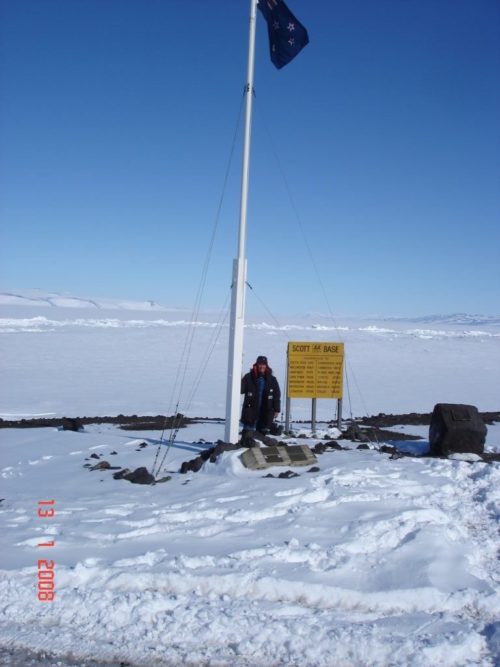
Dr McCarthy at the Scott Base, New Zealand flag.
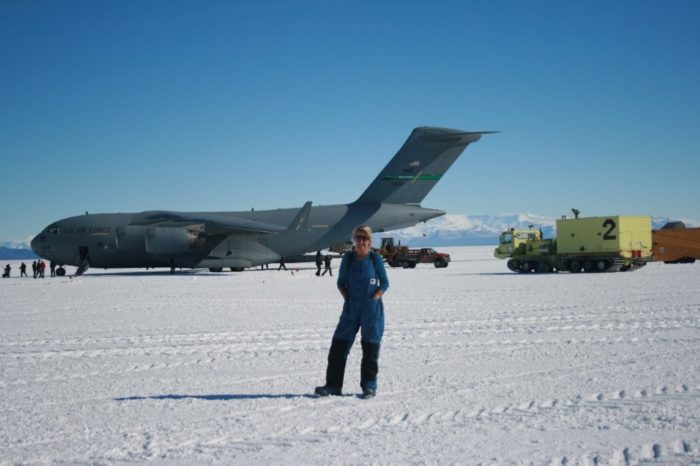
Dr McCarthy and her team were transported back to Christchurch on this US Air Force C-17 aircraft.


